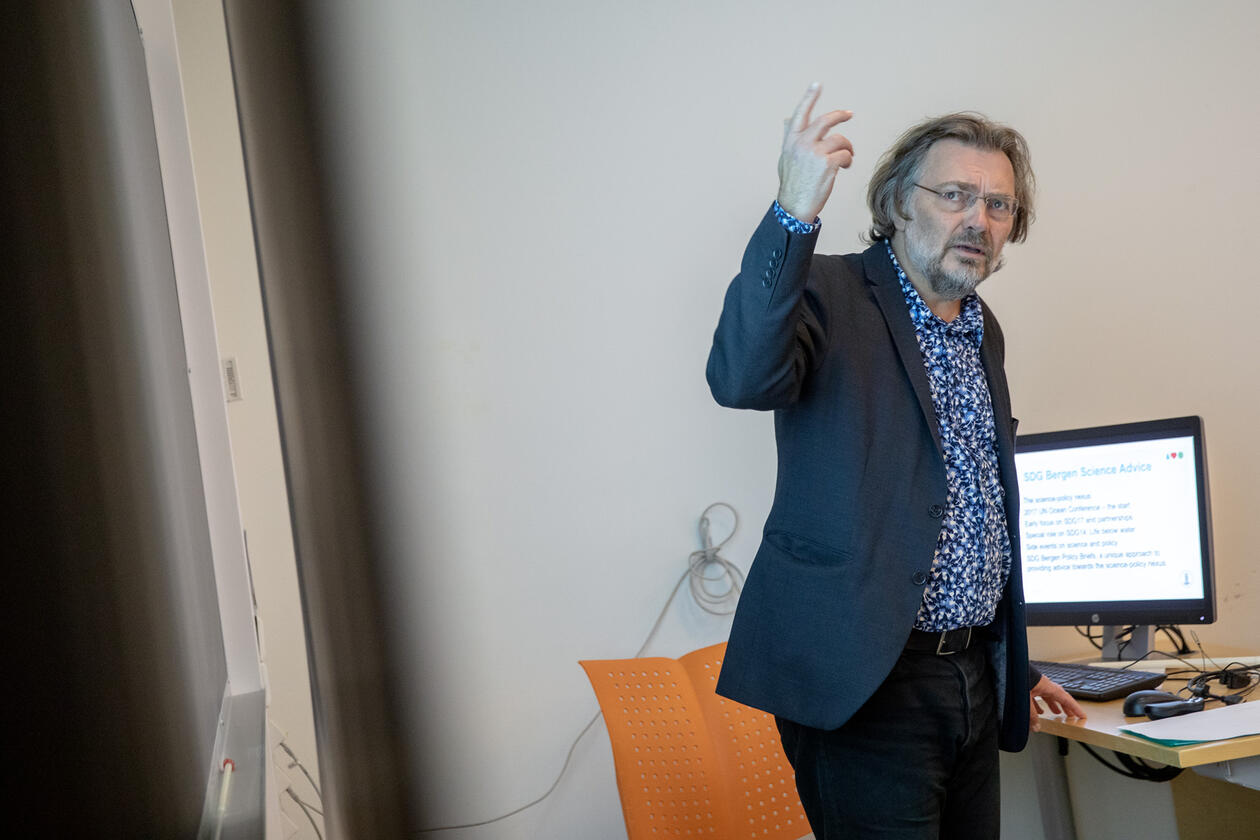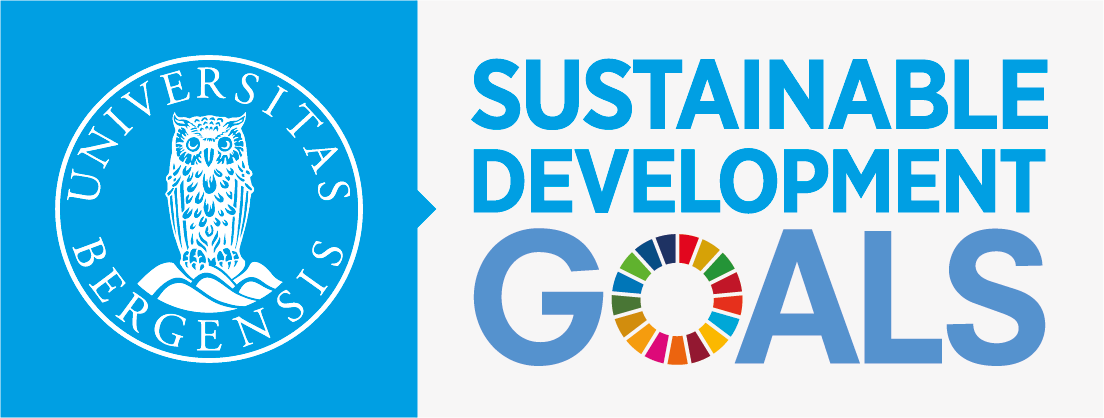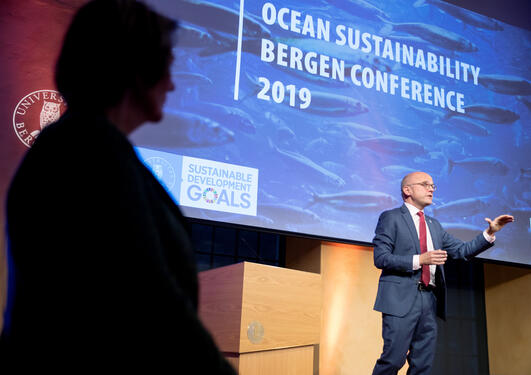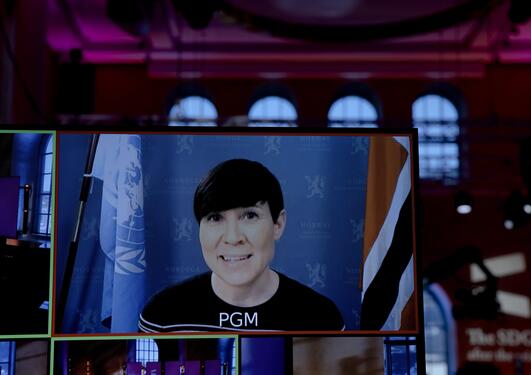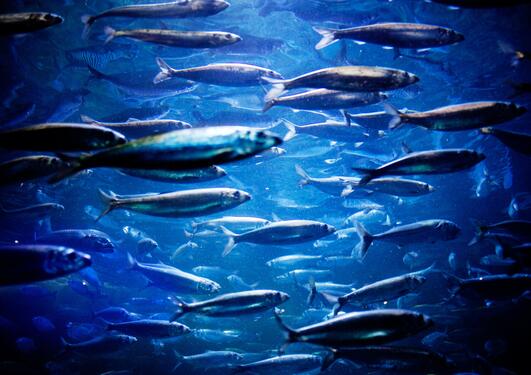Successful SDG Action completed
SDG Bergen was registered as an SDG Action in January 2018 with a completion date set for 1 August 2021. The SDG Action has now been completed three months ahead of schedule.

Main content
“We are extremely satisfied to be able to deliver on our SDG Action a full quarter ahead of schedule,” says a delighted Scientific Director Edvard Hviding of SDG Bergen Science Advice at the University of Bergen.
A global voice in science advice
Since the university made its voice heard as a global voice in science advice at the UN Ocean Conference in June 2017, there has been a steady growth in activities where Hviding and other scientists from the University of Bergen and Norway have given direct advice to the UN system.
“When we registered the SDG Action, we set ourselves the goal of delivering four annual editions of the SDG Conference Bergen and it is with pleasure that the fourth of these was arranged this February,” says Hviding.
The SDG Action built on two previous voluntary commitments made towards SDG14 (Life below Water) at the 2017 UN Ocean Conference. SDG Bergen was registered as #SDGAction28818 but after an update of the SDG Action pages, the new hashtag is #SDGAction42578.
The virtual centre Ocean Sustainability Bergen is an integral part of SDG Bergen with a particular focus on SDG14. The group’s Scientific Director is Lise Øvreås and is tasked with administering the university’s SDG14 Hub status for United Nations Academic Impact (UNAI) and leading the International Association of Universities’ (IAU) SDG14 Cluster.
A rather fortunate event
Given the COVID-19 pandemic, the SDG Bergen team was forced to turn the conference into a virtual event – that went viral.
“This turned out to be to our advantage,” says Hviding, “as it made the conference a global success with 2,630 participants from 105 countries. It was almost like a mini UN descending digitally on Bergen.”
He points to his turn as Scientific Director for the 2019 Bergen Summer Research School, when he orchestrated a similar mini UN stunt with about 100 early career researchers, who were challenged to make their research relevant towards the SDGs.
“We were also extremely satisfied with the social media activity leading up to, during and after the conference. This was a stellar performance.”
Higher education transformed
He also points to the additional deliverables when the SDG Action was updated last year, in the form of three specific courses on respectively SDG13 (Climate Action), SDG14 (Life below Water) and SDG15 (Life on Land).
“We see this as only the beginning of a broader engagement with and transformation of the education offered by the university, and we are also working with partners both nationally and internationally to transform the curriculum in higher education to reflect the challenges posed by the 2030 Agenda,” he says.
Next steps for SDG Action
The end of this SDG Action coincides with the 1 August end date of the SDG Bergen initiative. However, the new University of Bergen rectorship have already signalled a renewed and invigorated mandate, which will encompass the current science advice engagement as well as a range of new SDG oriented activities.
“We are looking forward to a renewed mandate and to continue the work to bring science to policy-makers for the benefit of society,” says Edvard Hviding, “and, who knows, maybe there will be a new SDG Action registered this autumn.”
